In middle school, a lot of students were offered the opportunity, assuming they met the qualifications, to take a math class one to two years ahead of their current grade. For this reason, a lot of students enter high school as a freshman taking sophomore or junior math courses they may not be prepared for.
Considering underclassmen spent middle school in quarantine, they may have not learned the math material well enough. Math is a subject that builds on top of itself, and without the necessary foundation, it can be difficult to grasp certain concepts.
If a student is going through something that doesn’t fully allow them to focus on learning, they can miss crucial bits of information that set them up for failure unless they backtrack and spend time attempting to relearn it.
Tutoring is a useful resource for students struggling in math because sometimes it takes more than one try to understand. Unfortunately, not everyone is willing to put in the effort to study math, especially when they have other rigorous courses.
In 2023, juniors took the CAASPP test and 41.79% of students met or exceeded the math standard. Compared to the 34.62% statewide average, this displays that Rio is right at the state testing benchmark. However, the number is still relatively low.
Parents shared their concerns with the Rio math department at a San Juan Unified School District board meeting earlier this year.
The meeting focused heavily on math teachers’ grading practices and addressing ways students can better understand what skills and topics they struggle with rather than failing and not knowing what they’re missing.
Kristan Schenpp, assistant superintendent at SJUSD is in charge of the secondary education department. Schnepp updated the school board on the current state of the Rio math department.
“Principal Kelly is meeting regularly with the math department to share the concerns that were presented at the last board meeting and discuss math department practices,” Schnepp said.
Schnepp also addressed the widespread confusion over grading practices within math classes. She explained the concept of skills-based learning, a teaching practice that requires students to test their knowledge of certain concepts over and over to master them, which could take a long time and interfere with the learning of new material.
That said, the Rio math department has largely done away with the skills-based method in response to parent complaints.
Although skills-based learning faced a lot of criticism from parents, math teachers like Luz Ledesma believe the repetition involved is the key to success for students.
“I still believe in skills-based,” Ledesma said. “For them to feel success at this time in their lives, we have to give them chances to fail. I wouldn’t say retakes, but different chances to reassess their knowledge.”
Ledesma encourages the formation of good study habits among students, as she believes this helps in the learning and retention of material.
“I think they are failing because they are lacking study skills,” she said. “We need to start again teaching them how to take notes, and why it’s important to do their homework when the homework needs to be done.”
Quarantine also played a large part in this issue, according to Ledesma.
“There has been a significant change in math skills, and just study skills in general,” she said.
Freshman Julia Bacchi agrees as she found the transition from middle school to high school pretty difficult after online learning.
“We didn’t really learn anything in fifth grade,” Bacchi said. “Keeping up with all the homework is the most difficult part of math at Rio.”
Many aren’t prepared to go on to high school math where homework is abundant and much of the material is based on things they were expected to learn over Zoom. Keeping up with the fast-paced environment and deadlines can be difficult if students don’t retain key points.
“Keep everything up to date,” Bacchi said. “Don’t get behind; that really sucks.”
For many underclassmen, the transition from online math to in-person was difficult, as math concepts are much harder to understand through a screen. Since math builds upon itself, this can be a great disadvantage.
In a 2022 interview, Principal Kelly shared his theories as to why students are facing a decline in math scores as compared to English and agreed that students struggled to learn math foundations during quarantine.
“My hypothesis would have something to do with distance learning. Some of the skill sets you need to master in English are skill sets that don’t require scaffolding on the same level that they do in math,” said Kelly.
Kelly suspects students have gaps in their understanding when it comes to many topics needed to do more advanced math in high school. “Oftentimes you can’t really climb up the ladder of skills in math if you don’t have a foundational understanding of math,” said Kelly. “If you can’t do some of the basic things like adding, subtracting, dividing, and multiplying, then when you start doing some advanced formulas it can be really difficult.”
However, Rio math teacher Svetlana Popov speculates quarantine isn’t the issue here.
“I honestly believe it’s nothing to do with COVID,” Popov said.
She thinks this problem started far before COVID, and many students were misunderstanding basic math concepts as early as elementary school.
“Back in the day, students came to Rio way better prepared,” Popov said. She mostly blames the importance placed on grades for students’ learning loss.
“We created a society where grades are way more important than knowledge,” Popov said. “We care more about an A than an understanding. For example, if you passed IM1 with an A or a B, we say you should be able to be successful in 2+. And that’s not what we’re seeing. We’re seeing that students got an A or a B, but they still struggle with adding, subtracting fractions, [and] not knowing how to graph lines.”
When it comes to grading practices, Popov isn’t sure if there’s anything that can be changed about grading that will help students learn. She believes the true root of the problem is that students never learn the foundations.
“There’s this idea going on that the students don’t have to know multiplication tables anymore or our students don’t need to know how to add, subtract, multiply, [and] divide anymore mentally, because they have calculators with them all the time,” Popov said.
Now that kids have powerful devices that fit in their pockets and can find the answer to nearly every question, students, and now even teachers, no longer find value in mental math. Memorizing multiplication tables is no longer a priority when the answers are readily available, and this lack of foundations is greatly impacting students trying to learn more complicated math now.
It’s important to understand this problem is far deeper than just grading or teaching practices at Rio, gaps in understanding seem to have formed long before students get to high school. To address underclassmen failing math now, going back to the basics like note-taking, homework and even basic math like multiplication and division can help students to understand more complicated math concepts being taught in high school.


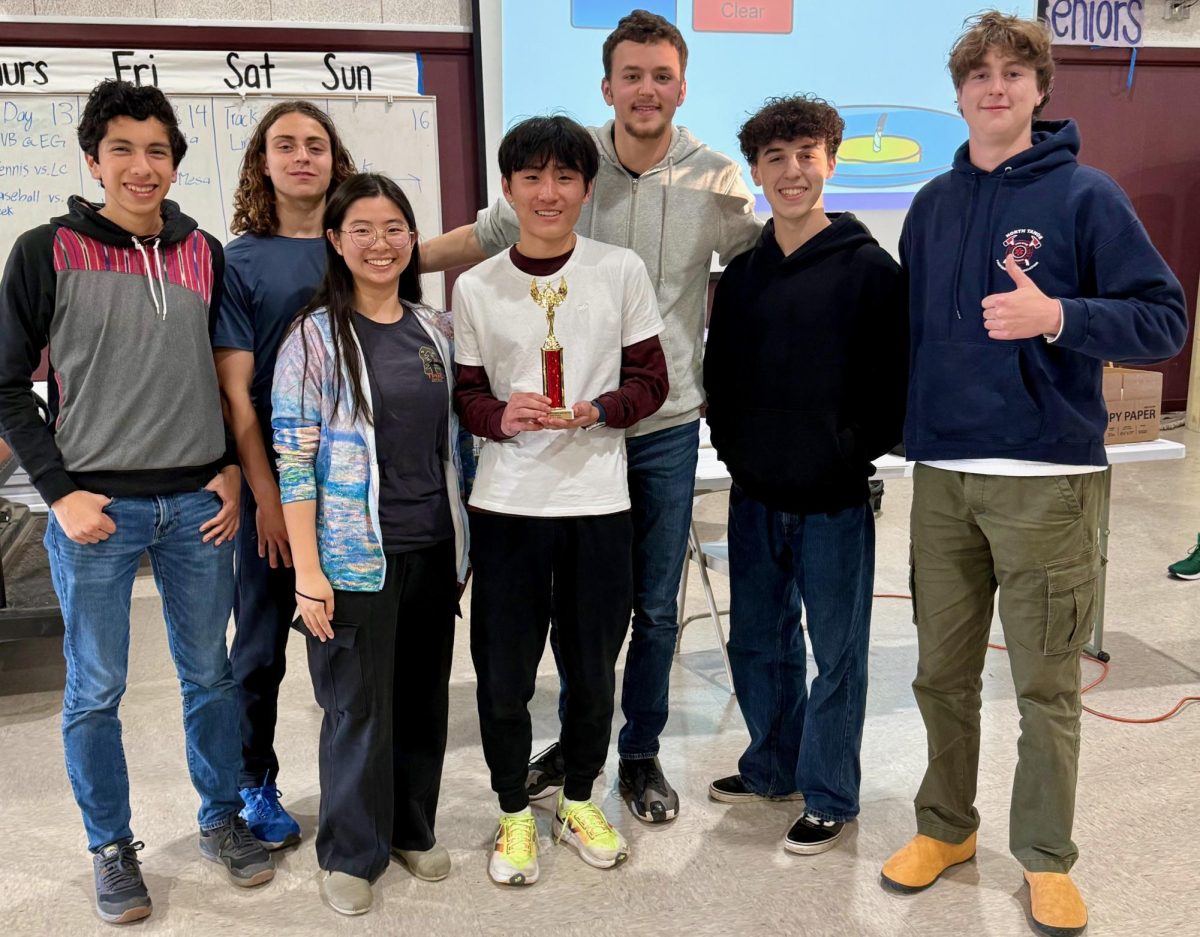
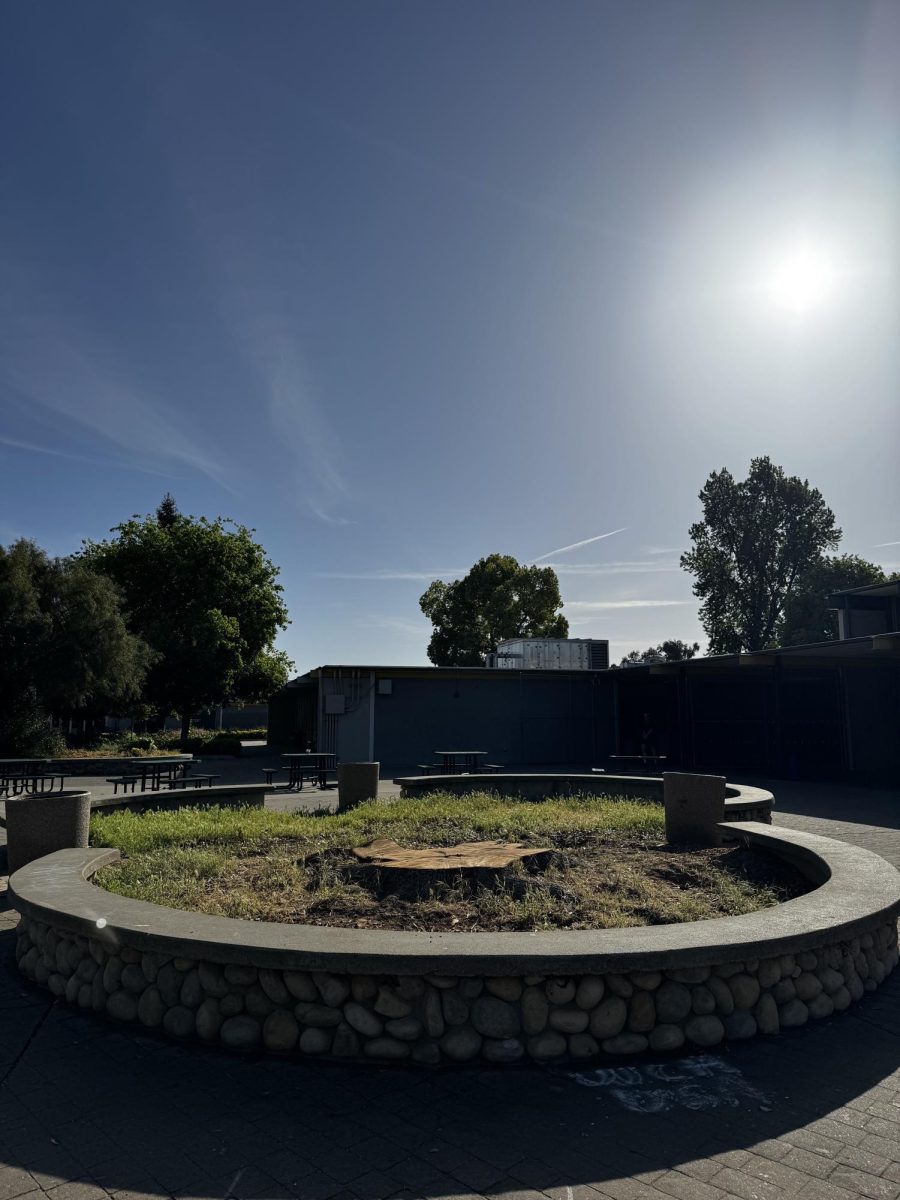
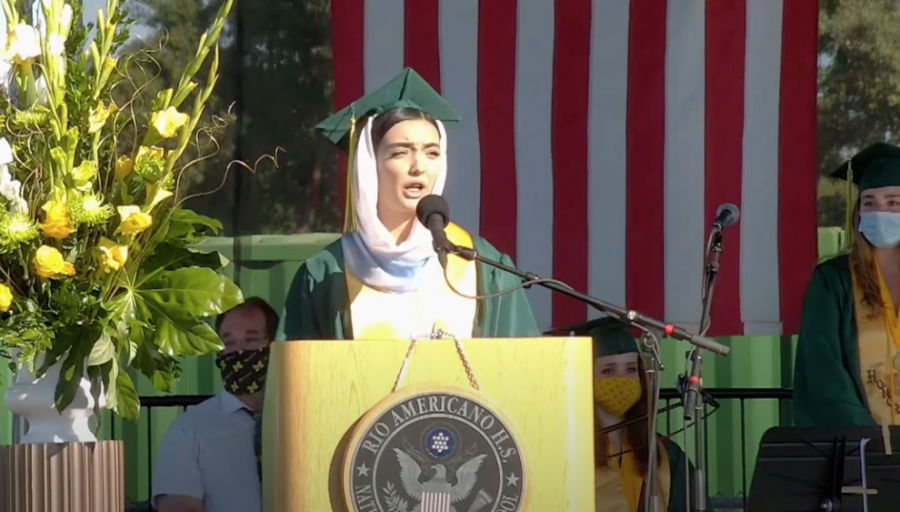
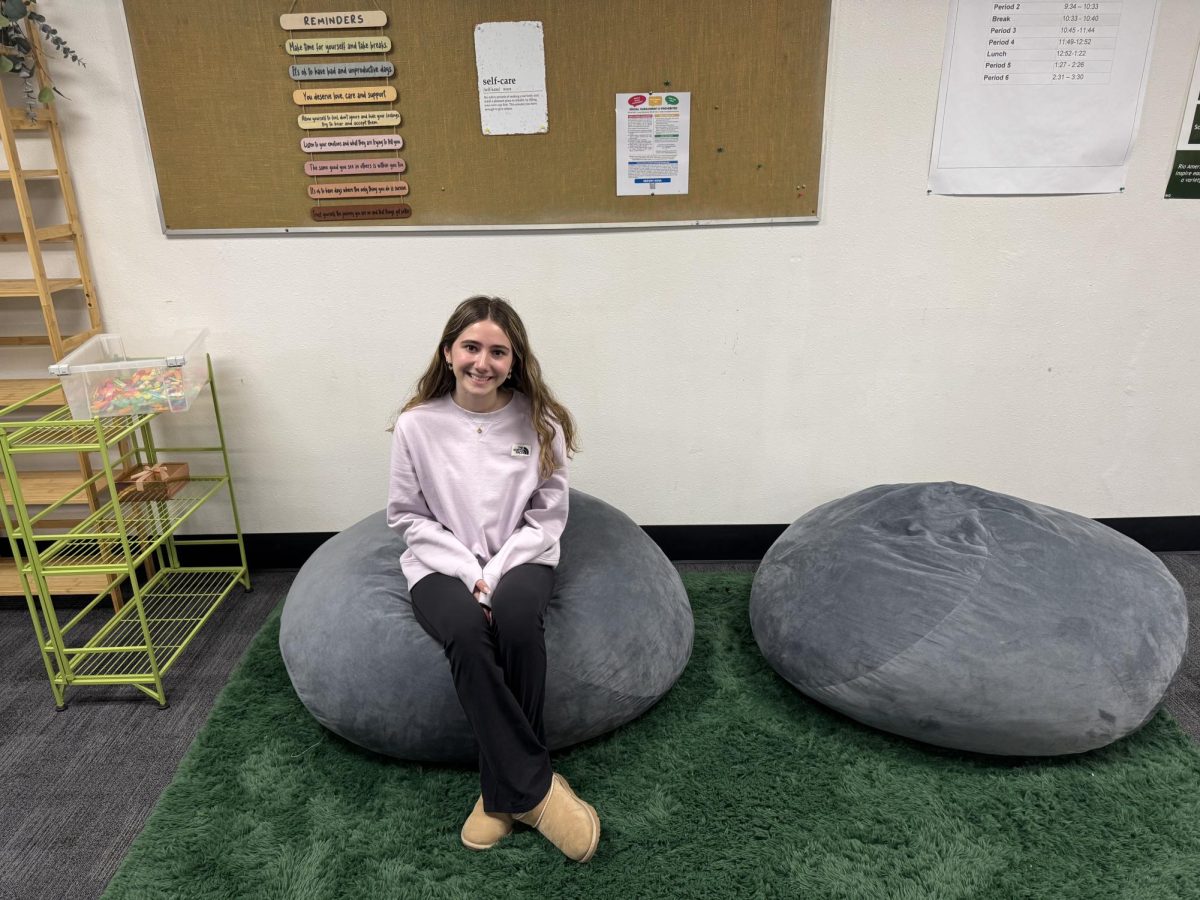
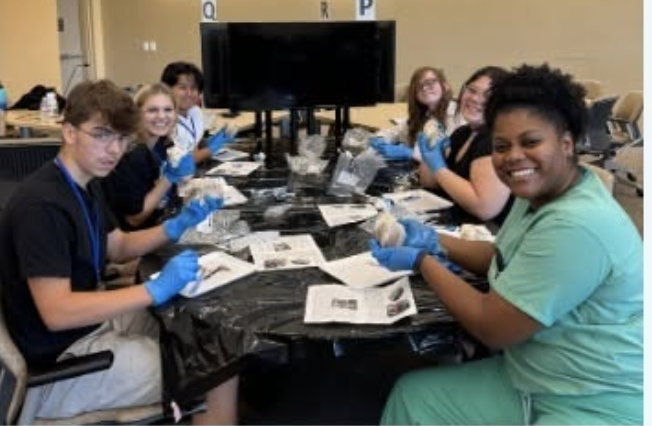











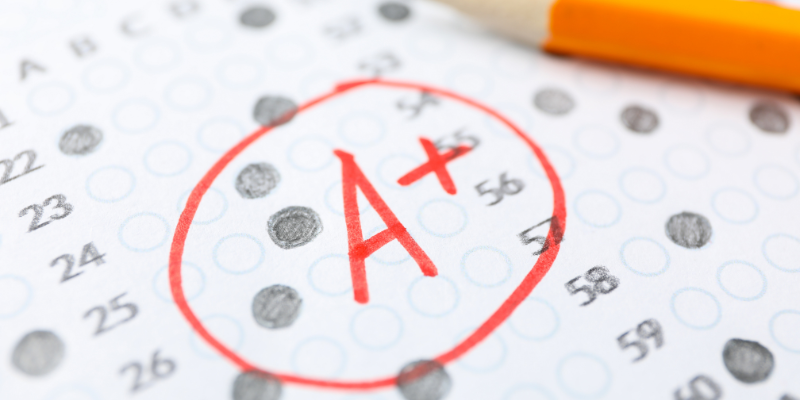







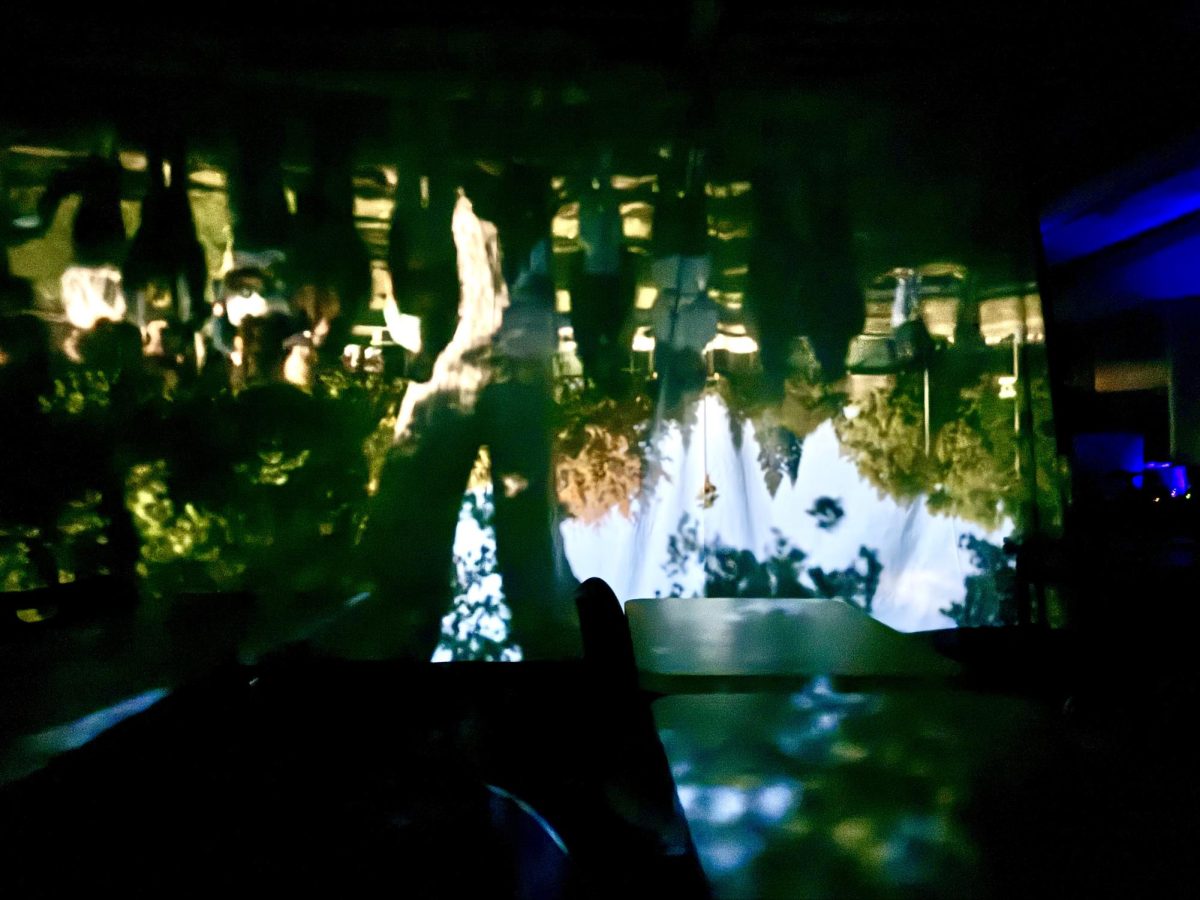











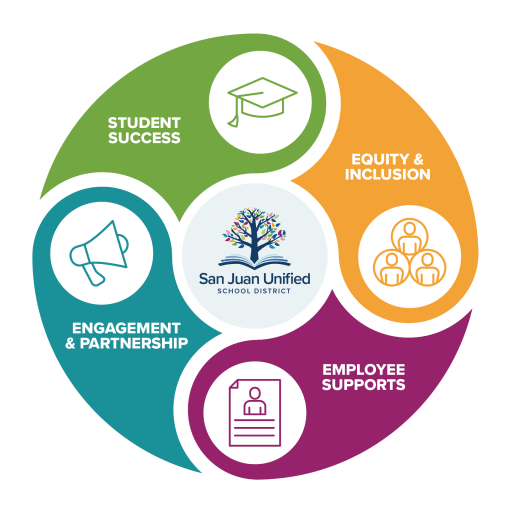
Angelina Souza • Nov 16, 2023 at 10:35 PM
I have heard great things about Mrs. Popov and would love to have her as a math teacher someday! She provides tutoring that I may be attending if I am struggling in math
Simon Mockler • Oct 16, 2023 at 3:05 PM
Because some important information may have been lost during quarantine, it would make sense that people are having issues with math that requires prerequisite knowledge. The math teachers here are very helpful, but some people may be ashamed to seek help on a math principle they may feel they already should have learned in quarantine, which can lead to unpreparedness on tests and difficulty with homework.
Kameko • Oct 16, 2023 at 2:18 PM
I do not have Ms. Popov but I really appreciate and agree with her opinion.
Cruz • Oct 16, 2023 at 2:17 PM
I think skills-based math learning should be completely removed from the Rio math department. I think it causes students to fall behind if they do not do well on certain skills.
masy mohiman • Oct 16, 2023 at 10:33 AM
i am really sad of how our Rio students are failing, it breaks of how these people see failure, but happily, we have math tutors who help people struggle get better, when I found that there are math helpers, my life went to happiness as I will never see a student fail in math
Seth • Oct 16, 2023 at 10:29 AM
This is a great article, but I wish it would touch on the skills based learning. As it plays a lot bigger factor than the article shows.
Alina Panosian • Oct 10, 2023 at 6:31 PM
I had Popov for three years as my math teacher. One of my biggest takeaways from her class is that the problem lies in the basic math skills. If you cannot do the fundamentals, how can you go further? I think we should prepare students better for math classes and show them WHY it’s important to be better at math.
Kate Ludington • Oct 9, 2023 at 10:27 PM
Mrs. Popov has really helped me, and is very interested in all her students success. I think her tutoring and extra help could really help improve scores.
Marina • Oct 9, 2023 at 10:15 PM
Math can definitely be a challenging subject and luckily there is always people that can help! This article truly displays all the different views on math and how quarantine affected the lives of students and set them back.
Morgan Reed • Oct 9, 2023 at 12:23 PM
Mrs. Popov is such a great source. She is so eloquent and educated.
Suraya Halim • Oct 9, 2023 at 5:16 AM
To be honest, I agree with the idea that COVID-19 was not the problem in most cases, but it definitely may have affected some students. Students who have the basics fully mastered, but COVID-19 just ruined the way they used to learn math the best. It is important to point out that there are so many, like more than half of the students and parents at Rio, who only care about grades. But half of those students really make sure they understand the materials reflecting their grade. As hard as it may be, I have to admit that I focus on grades too, but I really make sure that I understand the concept, so I really deserve the grades I have in my classes. To add on, from my perspective, with all the technological advances, the learning experience has changed drastically in a negative way, “making things easier,” but exactly the opposite. I am speaking from my own personal experience; I moved here from a low-tech country to a country that runs with technology. There was a significant change in my learning experience. Some may find it hard to believe, but the first time I touched a computer was in 8th grade. I knew they existed, but I have not used them my entire life. I sometimes tell myself, “You got lazy, Suraya; you survived way harder tests than this; you used to work way harder than you do now,” which is true because here we only do six subjects, whereas in my home country I used to have 16–18 subjects that students had to learn in one year. Overall, the problem is in the technological advances that are provided for students, making things “easier” for them.